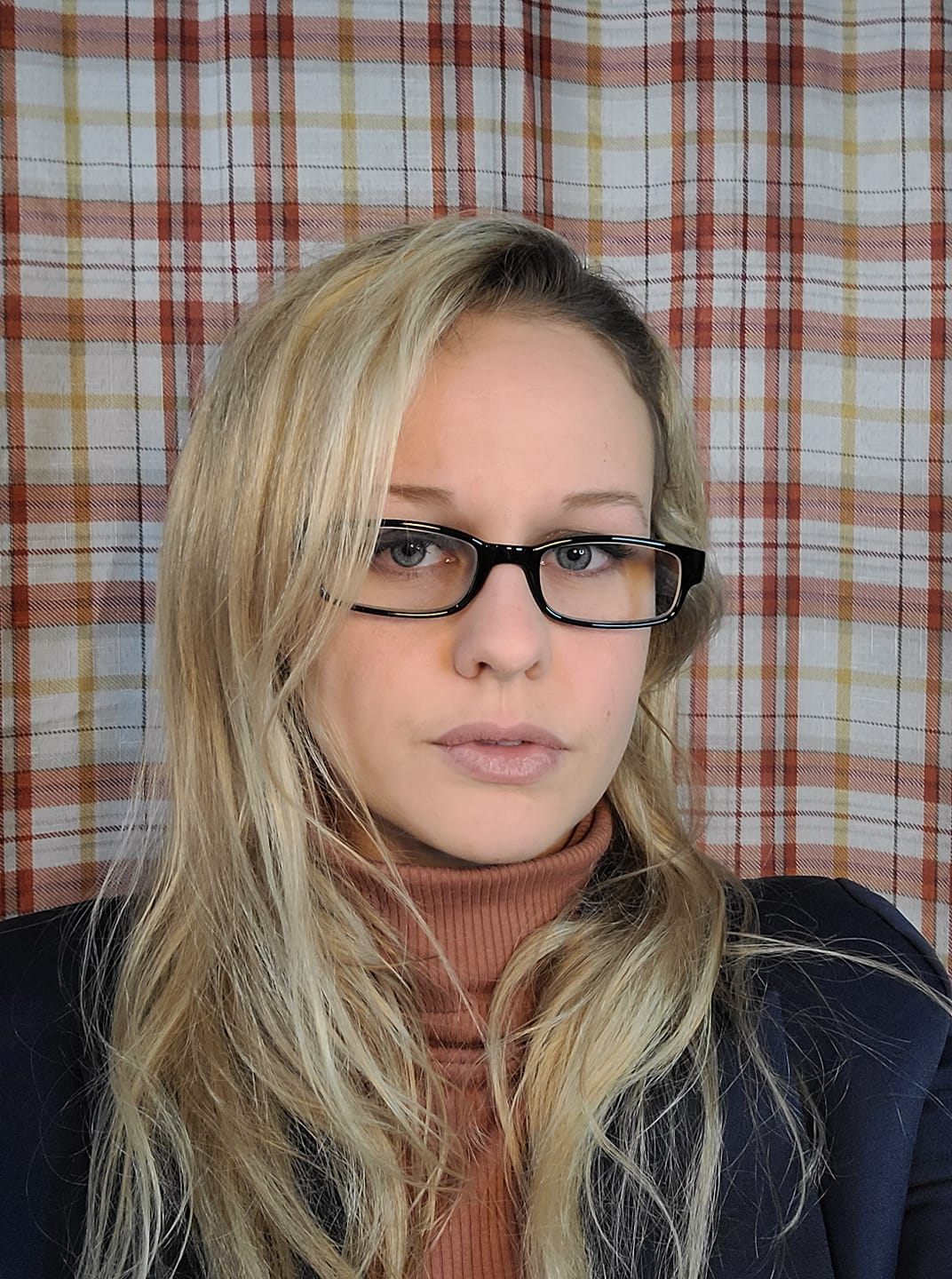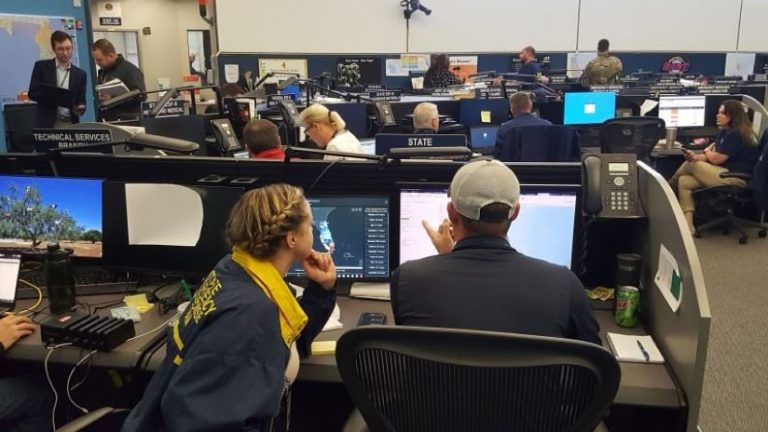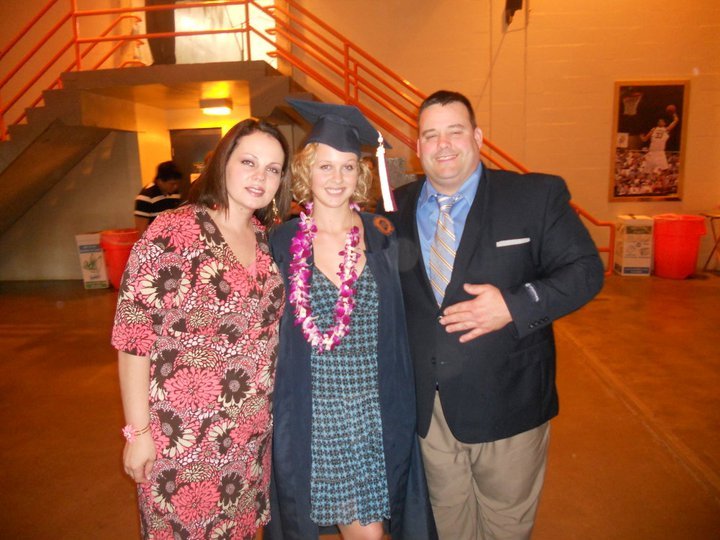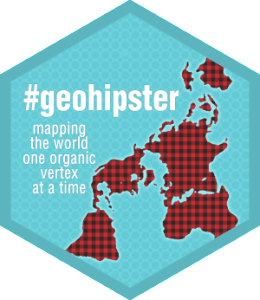
Rebekah Jones’ unlikely notoriety as a coronavirus whistleblower stemmed from her ground-breaking work as the GIS Manager at the Florida Department of Health, where she led data and surveillance during the global pandemic. Her work became the standard for states nation-wide. In May 2020, when asked to manipulate data in support of a premature plan to reopen the state, Jones refused, was fired, defamed, and became an object of the press for months after she filed her whistleblower complaint against the state.
Jones earned her bachelor’s from Syracuse University in 2011 with dual majors in geography and journalism, then went on to study hurricanes and climate change at Louisiana State University in Baton Rouge. Later, Jones headed to Florida State University to continue her research in hurricanes and climate change.
After leaving DOH, Jones built her own system to monitor the pandemic, worked on global programs to track cases in east Africa, and launched a nationwide initiative to track cases in schools. In September 2020, Jones was named one of Fortune Magazine’s 40 under 40 and one of Medium’s 50 experts to trust during a pandemic.
Rebekah was interviewed by Christina Boggs-Chavira, Mike Dolbow, and Atanas Entchev.
Q: What sparked your love for geography? How did you get into GIS?
A: Having lived through blizzards, tornadoes and hurricanes as a kid, I always found weather and hazards interesting. I’d say I fell in love with geography as a discipline at Syracuse, when I took my first global climate change course with Dr. Jane Reed. She helped me make sense of all of the things that had been happening around me my entire life. It felt like finding religion in a way — I finally understood my lived experiences in a scientific way.
Q: You built Florida state’s COVID Dashboard, leading a 20-person team. Then you were fired. You launched your own COVID Dashboard 2.0 (later renamed to Covid Monitor) in one day, which you financed yourself. This is an amazing feat. How did you manage? Did you have help?
A: I don’t know where the 20-person team came from but I was actually the only one who ever touched the dashboard, the data feeds, or any of the data that fed into it. It was me alone for months because I was the only one there who could do it. My backup was stuck in India and then was quarantined for a few weeks, so I didn’t even get to have someone else do the updates until late April. It was extremely stressful and overwhelming. I was exhausted, not unlike a lot of people who had been working all day, every day since the pandemic started. When I refused to use the system to mislead and lie to people, they took the dashboard (and wrecked it) then fired me. After all I had put into the project, they didn’t care. I built my next dashboard, Florida COVID Action, in June, to provide a location that brought in ALL of Florida’s authoritative data into one location, not just what the Department of Health restricted me to while I worked there. I added Department of Corrections data, emergency management data, hospitalization data, long-term care facility data, testing site data — if it was published in an official capacity by the state, I added it. Two months or so later, I co-founded The Covid Monitor with partners from FinMango and Google. That project arose out of a need to provide K-12 case data — a void no one else was filling. We saw the gap and the need, so we tackled it. It’s been an amazing success since then and I couldn’t be more thankful to my partners.

Q: Incorporating school district data into the COVID Monitor is one major difference from the official Florida dashboard 1.0. Your COVID Monitor is presently the only national reporting system for school districts. Why is school district data tracing important? Was it difficult to obtain the data?
A: At first, no one wanted to report school data. We depended on press releases and news articles, reporting from staff inside schools, and investigative reporting by our team. Mississippi stepped forward as the first state to report consistent data about cases in K-12 schools, and their progressive thinking allowed us to pressure other states to do the same. Now, most states report some kind of data about schools, and many districts in states that aren’t currently reporting will release their own district-wide data. Schools are a breeding ground for the virus — as we’ve seen across the United States and especially in the UK, where schools remained open to face-to-face instruction leading to the emergence of the B117 strain.
Q: When setting up applications for hurricane tracking or for COVID, I probably would be concerned about getting the data right and then secondly but still incredibly important — your application is about to be slammed. What do you do to prepare for all that traffic that is about to click on your map?
A: I was manager of GIS for the entire Florida Department of Health, so thankfully I had access and control over all our dedicated servers, backups, etc. I had to check in with Esri since it’s an online platform to ensure they were ready for the traffic, as well. Crafting the settings for optimization and working on code helped a lot.
Q: Our readers are all about open data and the transparency that it engenders. Some might say that proprietary software can taint analysis results because the code is in a “black box”, whereas free and open source software can lower the barriers to scientific replication. Where do you stand on the debate over tools, if anywhere? Is transparent data more important than the tools used to display it?
A: Reproducibility is a must. I actually published extremely detailed data definitions and processes while I worked at DOH. The software used here was just a tool to display data and provide APIs. The data itself is where the transparency must be absolute. How is it gathered? What are the potential biases in collection and production? What does this data say, and what does it not say? What is not known? Where are the gaps? Transparency is about acknowledging your data’s flaws as well as its strengths. I stand firmly with the “release the code” group.
Q: Where do you see this project going? You will get another job sooner rather than later. Do you foresee the COVID Monitor folding into your new job, or will you continue to maintain it outside of the job, or something else?
A: We were all hoping that a new administration would take over The Covid Monitor and run this project from the NIH, CDC or Dept. of Education (or some combination thereof). We had hope when Biden announced a national dashboard, but we’ve yet to see schools even mentioned in that plan. It’s really disappointing, but if this administration fails the public again by not providing this data, we’ll continue to do it ourselves until it is no longer needed.
Q: Recently your mobile phone and PC were seized on a search warrant by the Florida Department of Law Enforcement. What was that about? Do you have your devices back?
A: I hope to have my devices back soon. The raid on my home was nothing more than an attempt by DeSantis to find out who’s been talking to me and to flush out disloyalty within his ranks.
Q: I can speak for myself and say with all honesty, hearing about what has happened to you and what is continuing to unfold and my heart goes out to you. I hope I would have the strength like you did. How did you do it, what gave you the strength?
A: I don’t know. I have always fought for doing what I thought was right, so it’s really second nature for me to see something wrong and say “no, I will not accept this.” We moved because guns were pointed at my kids in the raid ordered by the Governor, but that doesn’t mean I’m going to stop reporting the information people depend on. I don’t think anyone knows what they’ll do in those moments. We all hope we’d do the right thing — the hard thing — even when guns are pointed at us or our family, but until we’re there, no one really knows.
Q: You’re a wife and a mother. How does your family handle all this — the recent move to DC and the rest of the craziness?
A: When you’re in your home and armed men storm your house, there’s a loss of security in your mind. Even here in DC, I jump when the doorbell rings. I don’t know if that will ever go away. You feel like there’s no safe place for you anymore. My son is struggling, but so am I, and my husband, in our own, different ways. Moving is always crazy — and feels impossible with a toddler, ha. Not fun, but necessary.
Q: As someone with degrees from Syracuse and LSU, plus significant time living in Florida and now DC, you’ve seen a lot of the country. Forgetting about COVID for a minute, if you could pick a place to live, where would that be and why?
A: Hawaii. I’ve lived in Pennsylvania, Maryland, Mississippi, New York, Louisiana, Florida, now DC… I know I love the beach, warmth, sun. I’m committed to mapping indigenous landscapes and protecting cultural sitescapes, and Hawaii would be an amazing opportunity to do so. My roommate at Syracuse is Hawaiian and would tell me about her home. If we’re limiting options to the United States and cost wasn’t an issue, Hawaii, hands down.

Q: Do you consider yourself a GIS person, or a data scientist, or a whistleblower? Or maybe all three?
A: I’m not a data scientist. I keep emphasizing to folks that I am a geographer — and I was recognized as a geographer in the news for months before the raid. Now I’m back to data scientist, and it’s highly inappropriate. All scientists work with data, that doesn’t make them data scientists. I consider myself a GIS expert, a whistleblower, a geographer.
Q: You are a GIS celebrity, like it or not. You are the Forbes nerd of the year. How does it feel to be an industry celebrity?
A: Hahaha. I wish it would help me find a job! I had no idea the Forbes award was in the works, and they didn’t even contact me to tell me I had received it! I found out on Twitter several days after the announcement!
Q: Have you considered running for office?
A: Yes. Our country desperately needs scientists and geographers in office who have a steadfast commitment to doing what is right.
Q: Picture your average “geohipster”, if such a thing exists. Is that person doing what you would recommend to stay safe during a pandemic? If not, what should they be doing – or stop doing?
A: I would hope anyone with a geographically-focused education would know to do everything in their power to limit their role in spreading this virus.
Q: If you could make COVID-19 disappear with a snap of your fingers, what would you be doing for fun in your spare time?
A: Hiking, visiting with my sisters and parents, eating out, ha.
Q: What advice do you have for little aspiring geographers and for those of us who are a bit less little?
A: We work at the cross-section of Earth and people. The tension between those two entities can be jarring, and often tests our ideals of what is right and wrong. I asked this question to DOH “leadership” the day they asked me to use my work to lie to people about the safety of reopening, and I think it’s something everyone should ask themselves whenever they’re faced with such a decision. The Hippocratic oath of geography to do no harm:
“If we do this, will more people get sick and die than if we didn’t do it?”
And if that answer is yes, we shouldn’t do it. It’s that simple. It has to be that simple.

Leave a Reply